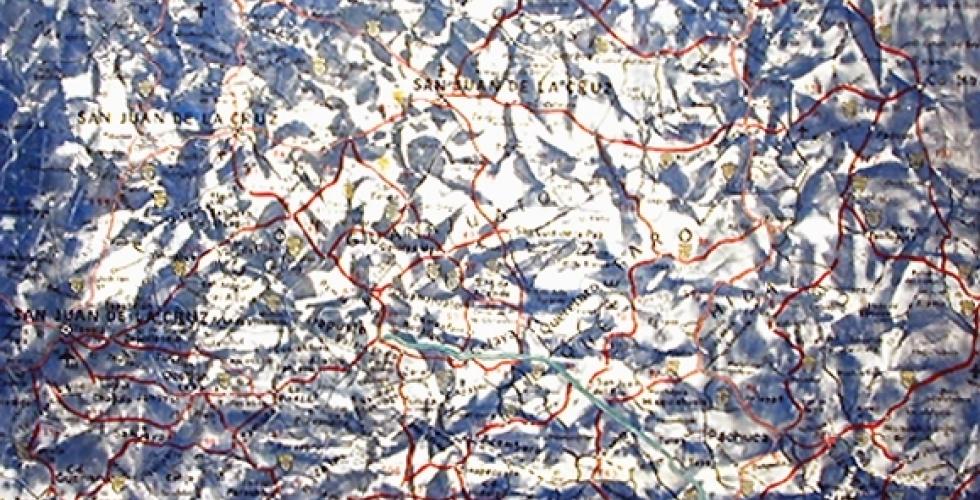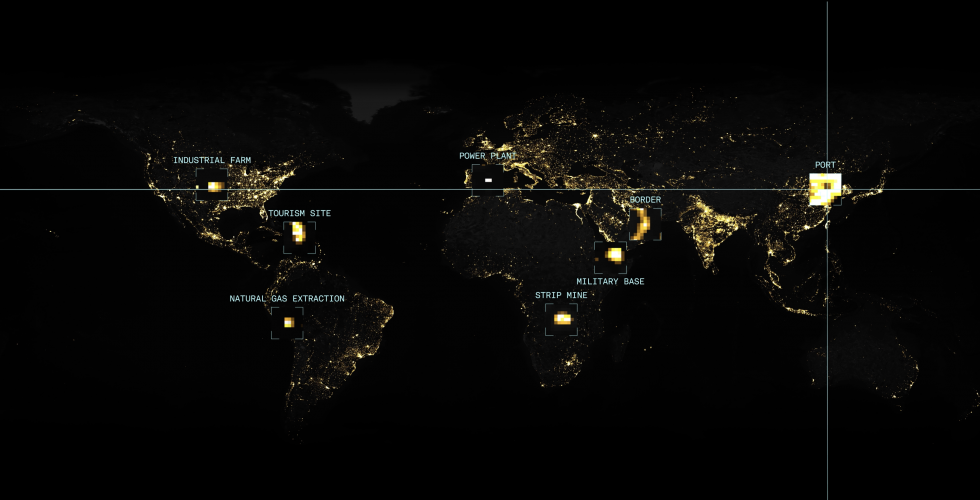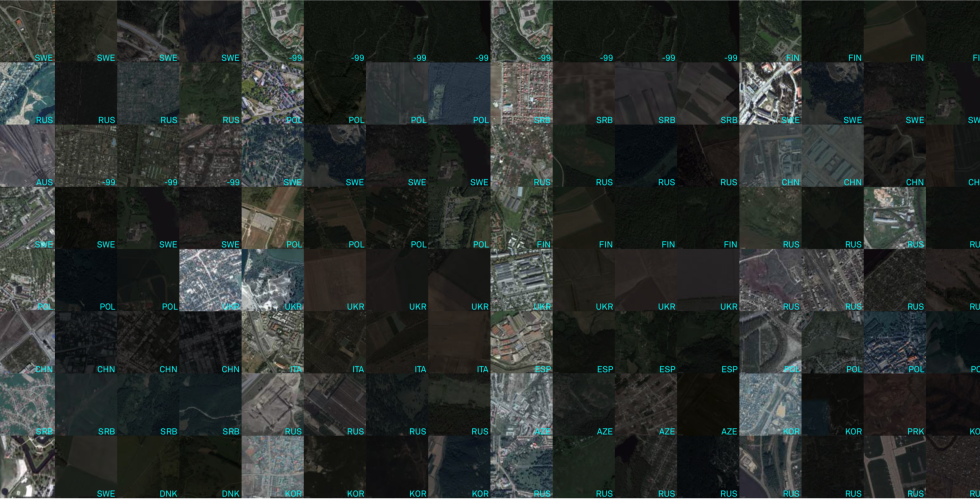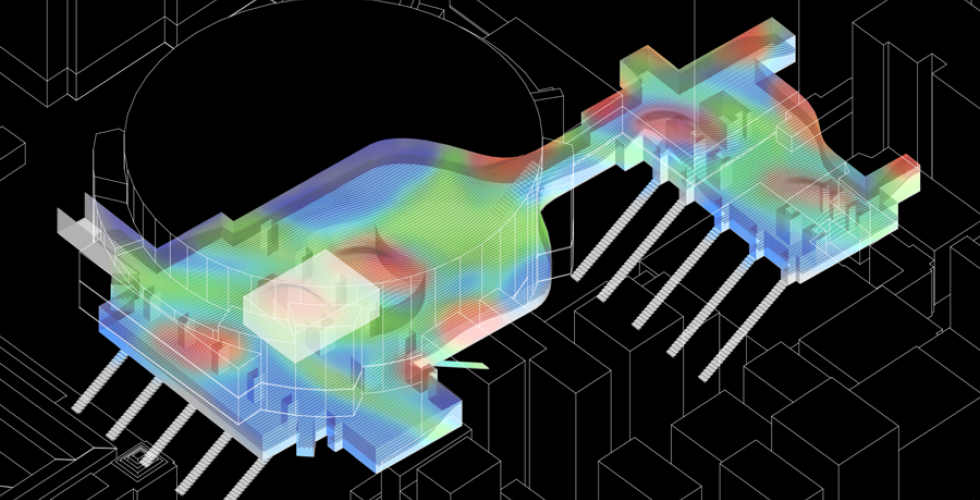A seminar exploring attempts to map out the unequal organization of the current world order.
Conflict Urbanism as a term designates not simply that conflict that take place in cities, but also that conflict is a structuring principle of cities, as a way of inhabiting and creating urban space. The theme is topical in light of the increasing urbanization of warfare and the policing and surveillance of everyday life, however, conflict is not limited to war and violence. Cities are not only destroyed but also built through conflict.
Methods in Spatial Research introduces key concepts required for work with geographic information systems (GIS) and spatial research in the urban humanities.
In this course students will explore new forms of site analysis through pairing geospatial analysis, mapping, and storytelling. Society is increasingly dependent on data and computation, a dependence that often evolves invisibly, without any critical assessment or accountability. In New York City, with its mandate to make data public, students have an opportunity to learn how to question data through journalistic lines of inquiry: What data are made public? What do they say about life in the city?



